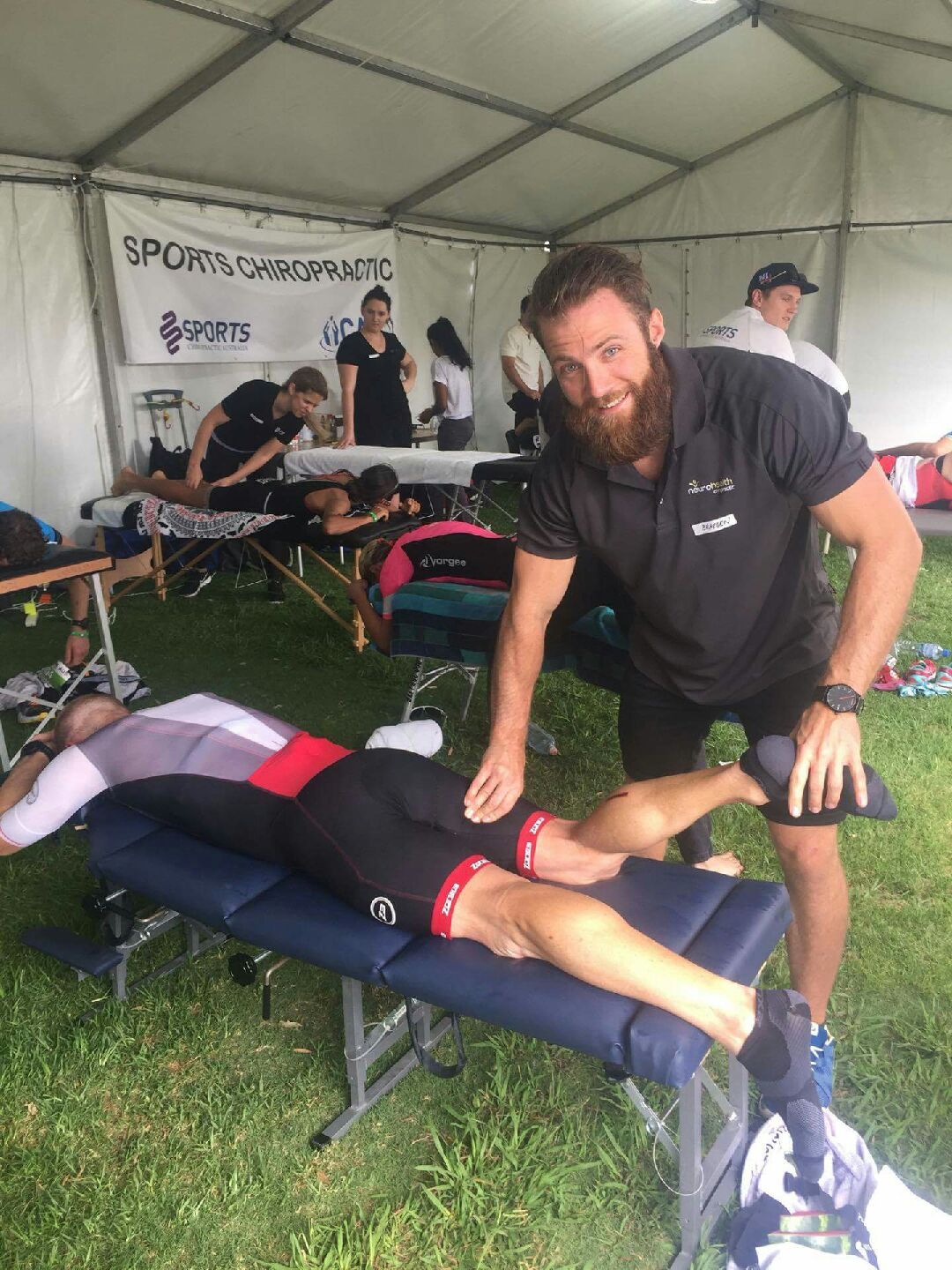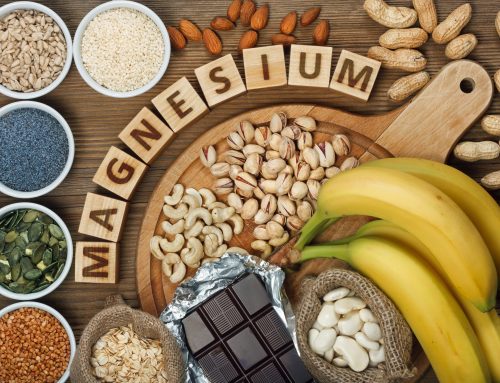In my last blog I spoke about acute inflammation and how it is a natural process that our body initiates to help heal our injuries. I also spoke about how anti-inflammatories can inhibit this natural healing process which can then lead to prolonged tissue dysfunction. Tissue dysfunction includes poor scar tissue remodeling and a prolonged white blood cell reaction which causes tissue distortion and increases our chance of re-injury.
So, if we take all the right steps and avoid anti-inflammatories, practice our R.I.C.E protocol and see our treating practitioner, why do we still slide into a chronic inflammatory state?
Chronic Inflammation Development
Well, it largely depends on the microenvironment within our body. What I mean by this is what is in our tissues, muscles, blood etc will influence whether we have a normal inflammatory response or an abnormal one. So what influences our tissues microenvironment?
There are a few factors that can have an effect on our tissues. Some we have control over, others we don’t e.g.
1. Genetics
2. Diet
3. Exercise
4. Environmental i.e. pollutants/toxins
5. Psychological i.e. stress
One of the biggest factors we can help control is our diet. What we put into our body sets the foundation or building blocks for our bodies processes and health. If we eat poorly we can create an imbalance of bad bacteria to good bacteria within our gut. When the bad bacteria start to take over they release proteins that are absorbed thought our digestive tract into our blood and create an immune response. This causes a phenomenon called “Leaky Gut” which then promotes a low grade constant inflammation throughout our body. This low grade inflammation can inhibit/prolong a natural response when we injure ourselves. So even though you are taking all the right measures to heal your injury the microenvironment is not supporting the process. This is why diet is so important.
Foods That Promote Inflammation
1. Simple carbohydrates (white breads, pasta, white rice)
2. Dairy products
3. Processed foods
4. Sugars
5. Alcohol
This is not a concrete list and may vary depending individual food tolerances although it is something we should consider over the Christmas break as we indulge in food and beverages. Next blog we will dive a bit deeper into nutrition and how it can influence our tissues and nervous system.
If you would like more information or would like to book an appointment at Neurohealth Chiropractic – please call the clinic on 9905 9099 or email us admin@neurohealthchiro.com.au or fill in the contact form from our website www.neuro- healthchiro.com.au
Sign up to receive Neurohealth Chiropractic’s Free monthly health newsletter on the Right Hand Side of this page. Filled with great information and lots of easy health tips to keep you at Optimal Health!




